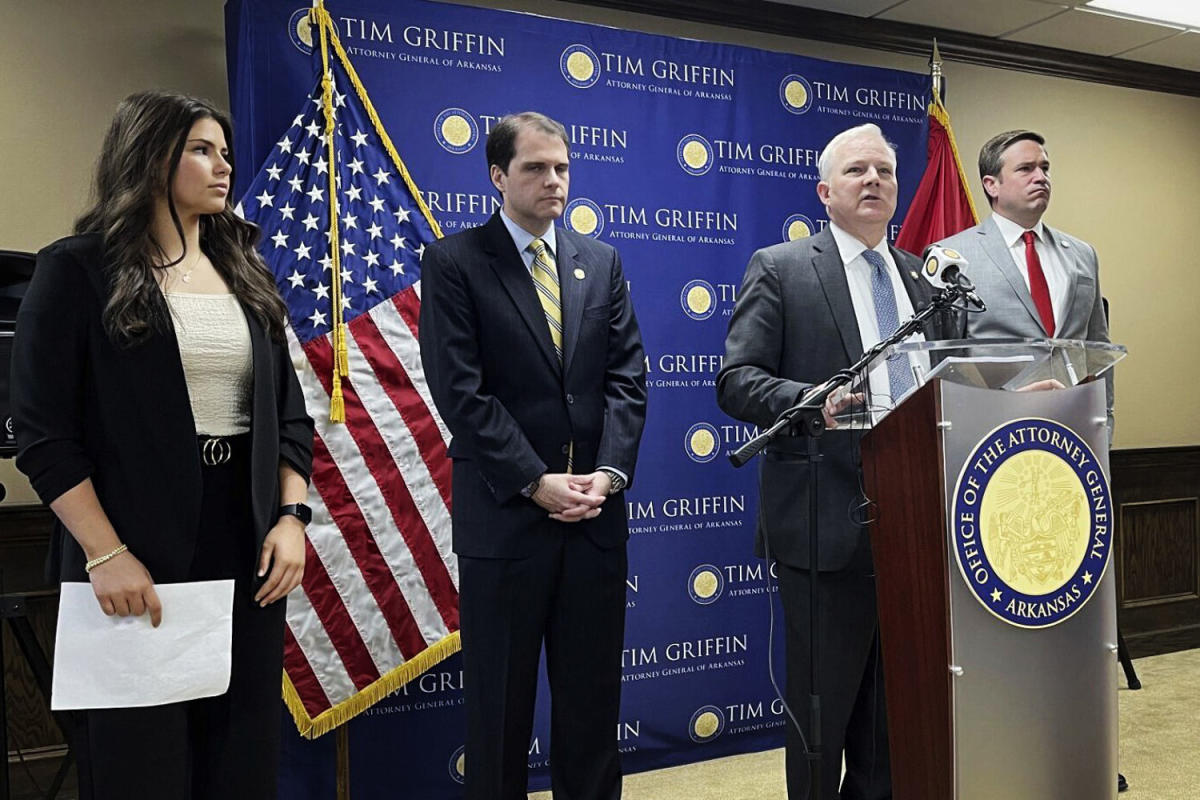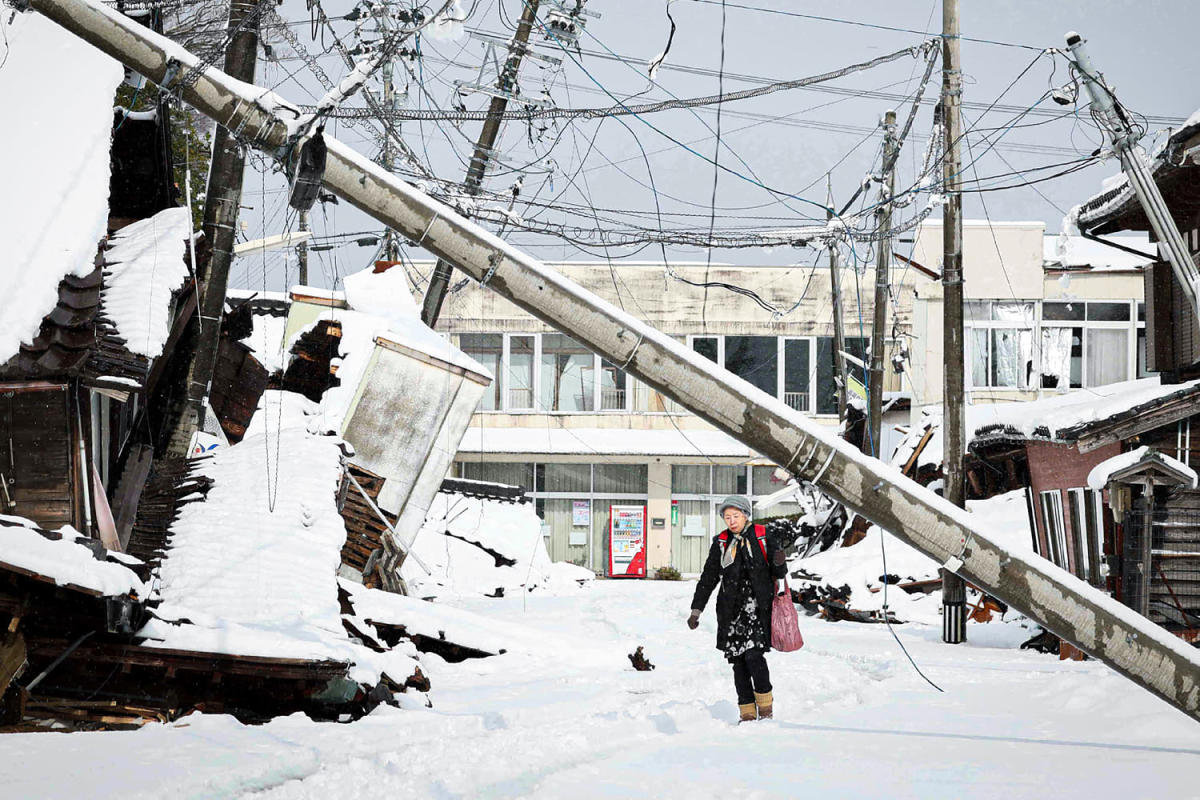Summary: Research reveals that a father’s depression during a child’s first year can lead to increased odds of the child experiencing multiple adverse events by age 5. Adverse childhood experiences have lasting impacts, including health and academic challenges.
The study emphasizes the importance of recognizing and treating paternal postpartum depression to possibly reduce these risks. Pediatricians are poised to connect fathers with vital support resources.
Key Facts:
- A father’s postpartum depression doubles the likelihood of a child having three or more adverse experiences by age 5.
- The study analyzed data from nearly 2,000 father/child pairs, with about 75% of the parents being unmarried.
- This association is distinct and persists beyond the influence of socioeconomic factors and mother’s postpartum depression.
Source: American Academy of Pediatrics
A father’s depression during his child’s first year of life has been associated with difficulties in parenting and child behavior, but new research finds that it also doubles the odds of a child having three or more adverse childhood experiences by age 5.
Adverse childhood experiences (ACEs), which include household dysfunction and child maltreatment, can have lifelong effects on children that include health problems, poorer mental health, and lower school performance.
The author of the abstract, “Paternal postpartum depression and children’s adverse childhood experiences at age 5,” will present additional preliminary findings during the 2023 AAP National Conference & Exhibition at the Walter E. Washington Convention Center.
“Paternal depression is underdiagnosed, and pediatricians are in a unique position to link fathers to appropriate supports that can benefit themselves and their families,” said author Kristine Schmitz, MD, assistant professor of Population Health, Quality Improvement and Implementation Science at Rutgers Robert Wood Johnson Medical School.
She analyzed data on 1,933 father/child dyads from the Future of Families and Child Wellbeing Study, a national U.S. urban birth cohort. About 75% of the parents were unmarried. The study investigated associations between depression in fathers in the first year of their child’s life and adverse childhood experiences when they transitioned into kindergarten.
Children had two times the odds of experiencing three or more adverse childhood experiences by the time they were 5 years old, a risk that went beyond sociodemographic factors and mother’s postpartum depression, Dr. Schmitz said.
“These preliminary findings demonstrate a robust association between father’s postpartum depression and later adversity for their children,” she said.
“This suggests that fathers should be screened for depression and be offered treatment for their depression and that this may reduce the risk the hardships their children may later face.”
Funding: This work was supported by the National Center for Advancing Translational Sciences; the U.S. Department of Health and Human Services/Health Resources and Service Administration; and the Robert Wood Johnson Foundation through its support of the Child Health Institute of New Jersey.
About this mental health and brain development research news
Author: Lisa Black
Source: American Academy of Pediatrics
Contact: Lisa Black – American Academy of Pediatrics
Image: The image is credited to Neuroscience News
Original Research: The findings will be presented at the 2023 American Academy of Pediatrics National Conference & Exhibition

Rachel Carter is a health and wellness expert dedicated to helping readers lead healthier lives. With a background in nutrition, she offers evidence-based advice on fitness, nutrition, and mental well-being.








